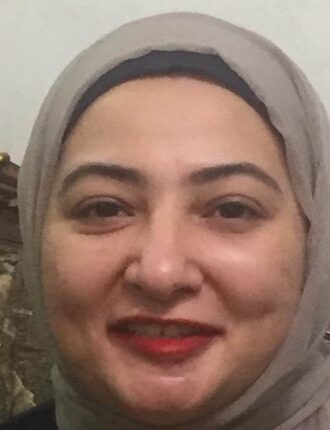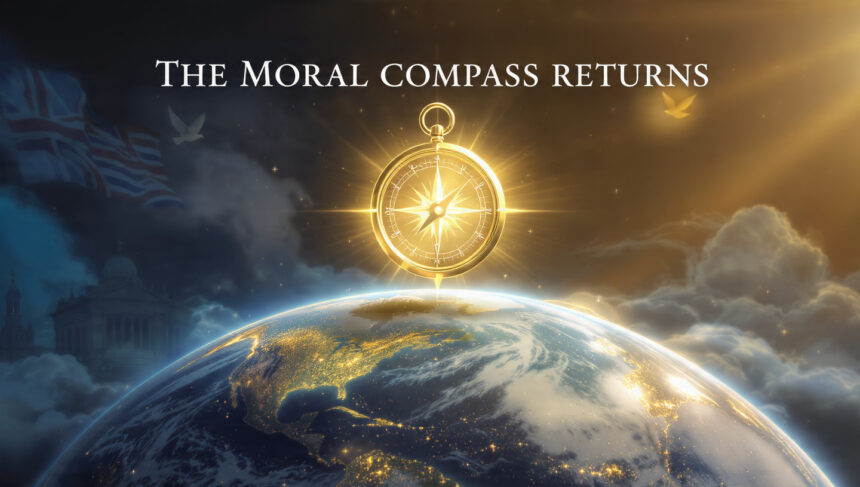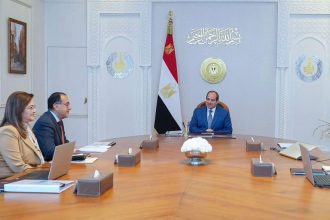In a world increasingly defined by dissonance and division, the return of moral discourse to the heart of international politics stands as one of the most significant intellectual transformations of the twenty-first century. After decades in which the language of interests dominated global relations, humanity now seems to be reclaiming part of its collective conscience. The world, exhausted by wars, inequality, and ecological collapse, appears to be searching for a new justification for its existence—a moral balance that restores meaning to the practice of power.
For centuries, international politics, since the Treaty of Westphalia, has been grounded in sovereignty and self-interest. Political realism became the creed of nations, and everything was measured on the scale of influence and gain. Ethics, for the most part, served merely as a decorative veneer to the language of diplomacy. Yet the cascading crises of the modern age—from environmental disasters and economic wars to pandemics and refugee tragedies—have exposed the fragility of this logic. In an interconnected world, can survival itself be secured without a shared moral framework?
The shift began gradually. When the United Nations adopted the “Responsibility to Protect” principle in 2005, it marked the first global acknowledgment that sovereignty could no longer shield governments from moral accountability. Controversial as it was, the doctrine reintroduced ethics into the very centre of international debate, reminding the world that a state’s legitimacy rests not only on power but also on its duty to protect human life. Likewise, the Paris Climate Agreement was, above all, a moral milestone. For the first time, nations collectively recognised that environmental preservation is not a matter of policy choice—it is an ethical obligation to future generations.

Examples abound. During the pandemic, when fear encircled the planet, some nations displayed a new model of ethical leadership. India’s “Vaccine Maitri” initiative, which distributed millions of vaccine doses to more than a hundred countries, embodied the notion that solidarity could triumph over market logic. Similarly, humanitarian aid in war zones began to evolve from a tool of influence into a gesture of trust-building between peoples.
This moral resurgence does not mean that interests have disappeared; rather, it reflects a new requirement—that power be accompanied by moral legitimacy. Military might no longer guarantees respect, nor does economic success automatically confer leadership. Today, legitimacy is earned through a demonstrated commitment to justice, dignity, and equality. Hence, even the most powerful states increasingly seek to portray themselves as guardians of human rights or champions of global causes, however complex their motives may be. The world, perhaps unconsciously, is beginning to judge politics through an ethical lens.
Still, this moral awakening is far from pure. Ethical rhetoric can easily become a new form of domination when values are used to justify intervention or cultural imposition. How many wars have been waged in the name of freedom and democracy, only to end in human catastrophe? How many governments have championed justice abroad while perpetuating discrimination at home? Ethics, when stripped of sincerity, can be weaponised—transforming moral language into a shield for power and a pretext for ambition.
Despite this tension, the search for an ethical order remains inevitable. The global challenges of our time—climate change, migration, poverty, pandemics—cannot be confronted through calculations of profit and loss alone. They strike at the very essence of human existence. Our planet can no longer endure an endless contest for supremacy; it requires a minimum moral consensus that honours diversity and safeguards coexistence.
From this perspective emerges the concept of moral power—a new kind of influence derived not from weapons or wealth, but from credibility and integrity. This form of leadership is measured not by military arsenals but by the ability to inspire trust and forge alliances grounded in human dignity. It is the kind of power that turns nations into partners rather than rivals, and leaders into custodians rather than conquerors.
The world, then, seems to be undergoing a profound introspection, asking fundamental questions about the meaning of progress itself. Is progress merely the accumulation of power, or the elevation of principle? Can technology mend what politics has broken? Can humanity reclaim its place at the centre of global decision-making? The answers are neither simple nor immediate, but the re-emergence of moral discourse suggests that the world has begun to remember what it once forgot—that without ethics, power devours itself.
Perhaps this is why the political language of recent years has become increasingly infused with moral vocabulary: dignity, responsibility, solidarity, accountability. Once dismissed as idealistic rhetoric, these words are now instruments of negotiation and policy. Nations, like individuals, need a moral narrative—a story that gives meaning to their actions and justifies their place in a world growing ever more fragile and interdependent.
If the twentieth century was the age of raw power, the twenty-first may well become the age of moral legitimacy. Politics without ethics loses its humanity, while ethics without politics remains utopian. Only by reconciling the two can the world hope to achieve stability and justice. The return to moral reasoning is not an intellectual luxury—it is a condition for survival in an era where humanity’s greatest struggle may no longer be against one another, but against the erosion of its own conscience.
Dr Marwa El-Shinawy – Writer and Academic



